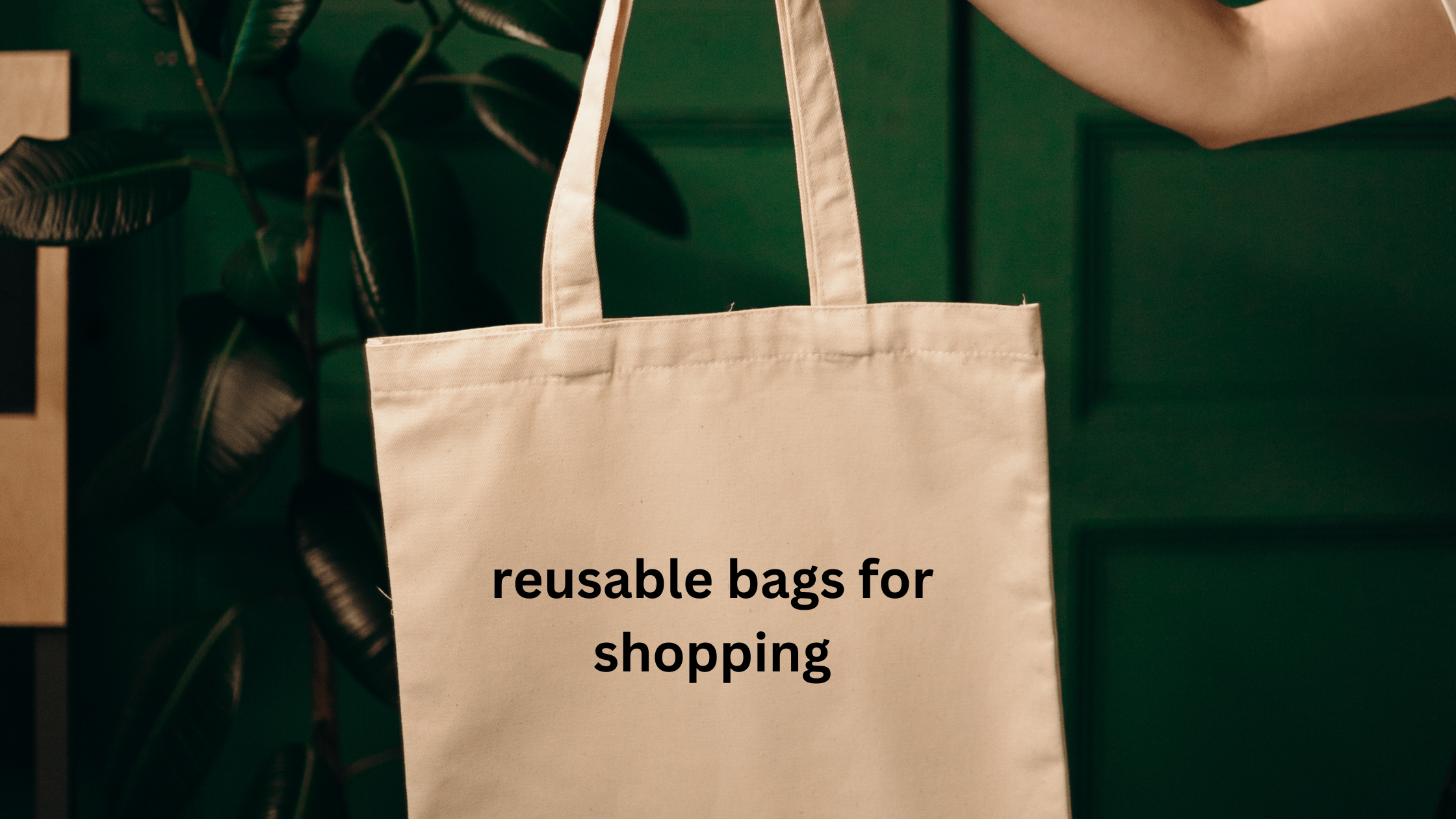
Introduction
Reusable bags for shopping business. are being accepted by retailers all around the world as a sustainable way to reduce the pollution that single-use plastics contribute to the environment. Reusable bags for shopping business.,A successful shift towards a greener future can be achieved by strategic implementation through education, incentives, and teamwork, even in the face of obstacles including early investment and customer reluctance.
market size
The market had a valuation of approximately USD 11.25 billion in 2023 and is projected to reach around USD 15.33 billion by 2032, exhibiting a compound annual growth rate (CAGR) of approximately 3.5% from 2024 to 2032.

scope of business
Reusable bags have a wide range of applications in retail settings, giving retailers the chance to boost sustainability initiatives and satisfy customer demand for environmentally friendly products. This involves producing reusable bags and delivering them to retail chains, as well as providing specialized branding options, sustainable packaging education, and consultancy services. Innovation in designs, materials, and distribution methods may also be possible in order to meet changing consumer demands and legal specifications.
Raw material required for
Jute, cotton, polypropylene (PP), non-woven polypropylene (NWPP), polyester (often recycled), and recycled materials.
Before the manufacturing industry start – up you need to know
- Market demand and competition
- Required permits and regulations
- Access to raw materials and supply chains
- Manufacturing processes and equipment
- Initial investment and funding sources.
Market demand
- Cotton
- Polyester (often recycled)
- Polypropylene (PP)
- Non-woven polypropylene (NWPP)
- Jute
- Recycled materials
Future Demand
Future demand for raw materials for reusable bags is poised to increase due to rising environmental concerns, growing consumer preference for sustainable products, and stricter regulations on single-use plastics.
Machinery and Equipment
- Bag making machines
- Cutting machines
- Printing machines
- Sewing machines
- Heat sealing machines
- Quality control equipment
- Material handling equipment
- Packaging equipment
Therefore, banks are usually willing to provide funding to a manufacturing company that produces reusable shopping bags. Usually, this entails submitting an application for a line of credit or company loan that is suited to your unique requirements and financial circumstances. To improve your chances of getting finance, it’s a good idea to put out a strong business plan that includes market analysis and financial projections. Furthermore, in order to obtain the loan, collateral and a clean credit history might be required.
Case study of manufacturing business
The story of GreenBag shows how a manufacturing company can overcome obstacles by being proactive, creative, and committed to its goals. By putting sustainability first, building alliances, and making the most of its resources, GreenBag set itself up for long-term success in the cutthroat reusable bag industry.
Are products good for health or not
Generally speaking, using reusable shopping bags is beneficial to the environment and human health. They lessen the usage of single-use plastic bags, which can damage wildlife and contribute to environmental pollution. Reusable bags must, however, be kept clean in order to avoid bacterial contamination, which could be harmful to one’s health. Reusable bags may be kept hygienic by regularly cleaning them and avoiding cross-contamination with food.
If you are thinking to start manufacturing business what are the chances of success
With the growing awareness of environmental issues and the growing need for eco-friendly alternatives to single-use plastic bags, there is a good potential for beginning a manufacturing firm specializing in reusable shopping bags. However, elements like product differentiation, market research, successful marketing tactics, and efficient operations are necessary for success.
Products marketing strategies
- Emphasizing environmental benefits.
- Highlighting durability and quality.
- Leveraging social media and influencer partnerships.
- Partnering with retailers for in-store promotions.
- Offering customizable options for branding or personalization.
- Participating in eco-friendly events and community outreach.
- Providing educational content about the importance of reusable bags.
- Offering discounts or incentives for customers who switch to reusable bags.
Hire and train your team
Employ people who are passionate about sustainability and have excellent communication abilities. Teach them about product knowledge, customer service, effective bagging skills, advertising ideas, and the environmental benefits of using reusable bags. To ensure ongoing progress, get input.
Market your brand
To promote your line of reusable shopping bags, use social media, team up with influencers, give discounts for ecommendations, and take part in neighborhood activities.
Write a business plan
Normal
0
false
false
false
EN-US
X-NONE
X-NONE
· Market Analysis
· Product Offering
· Marketing Strategy
· Operations Plan
· Financial Projections
· Risk Management
· Team and Management
· Sustainability Initiatives
· Future Growth Opportunity